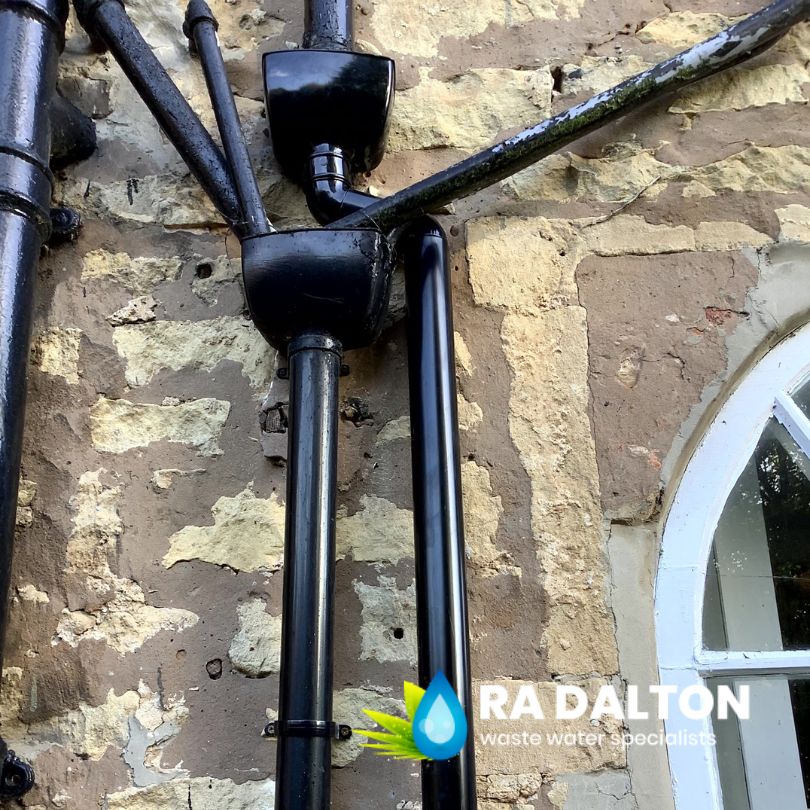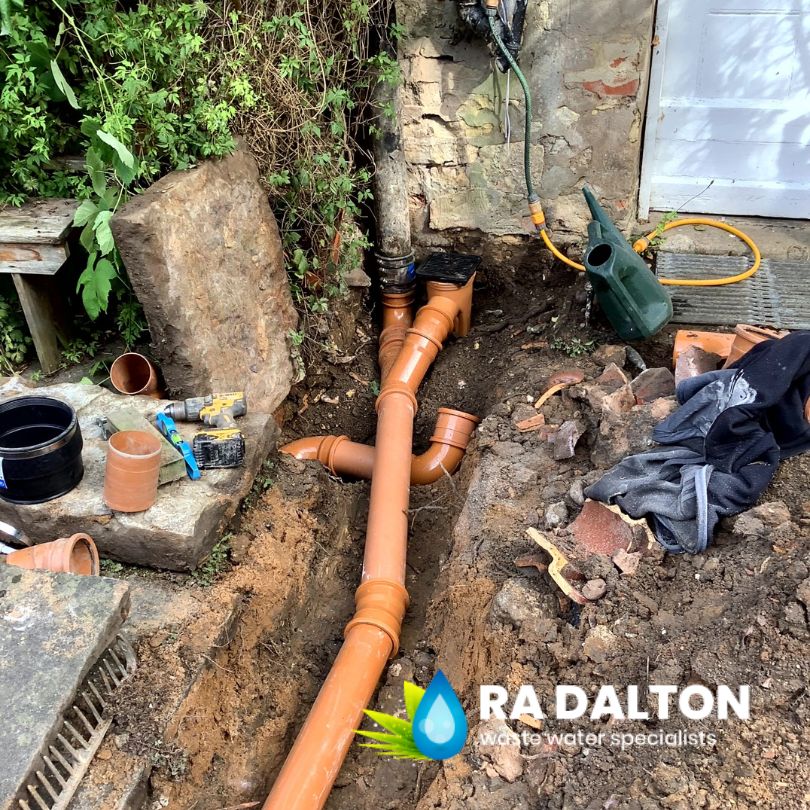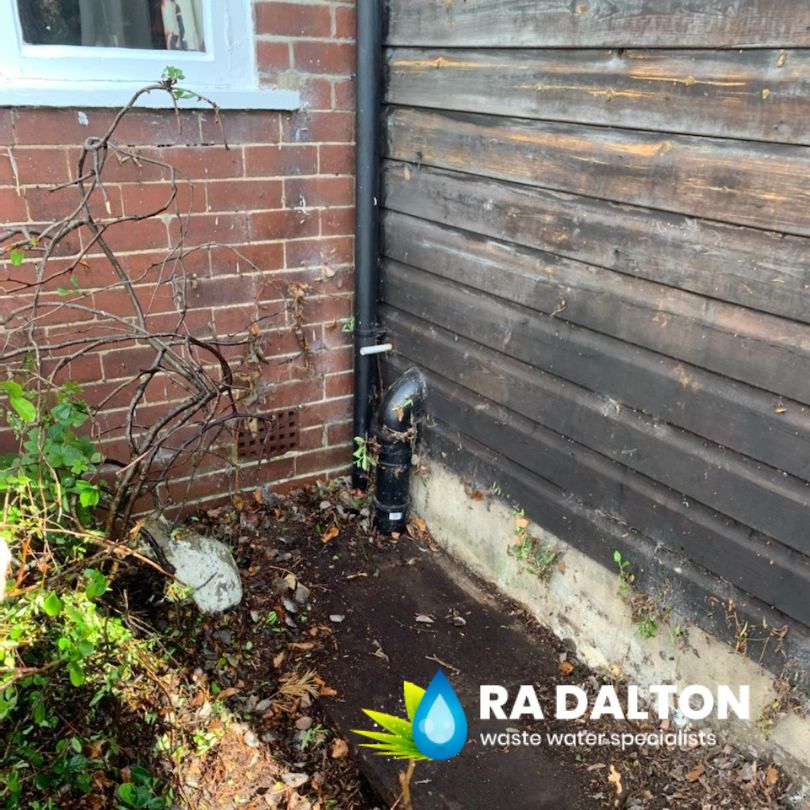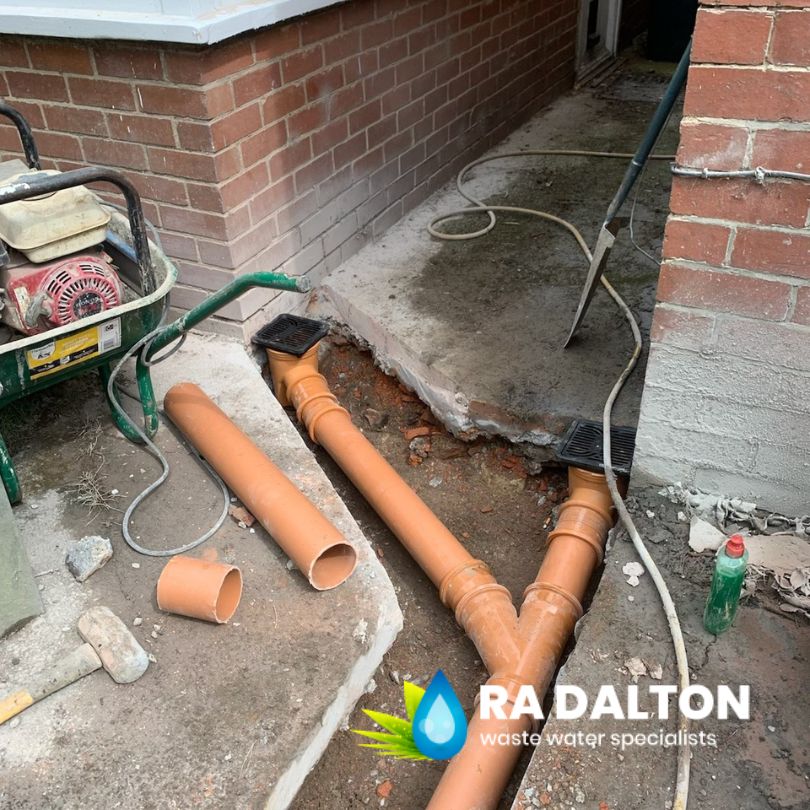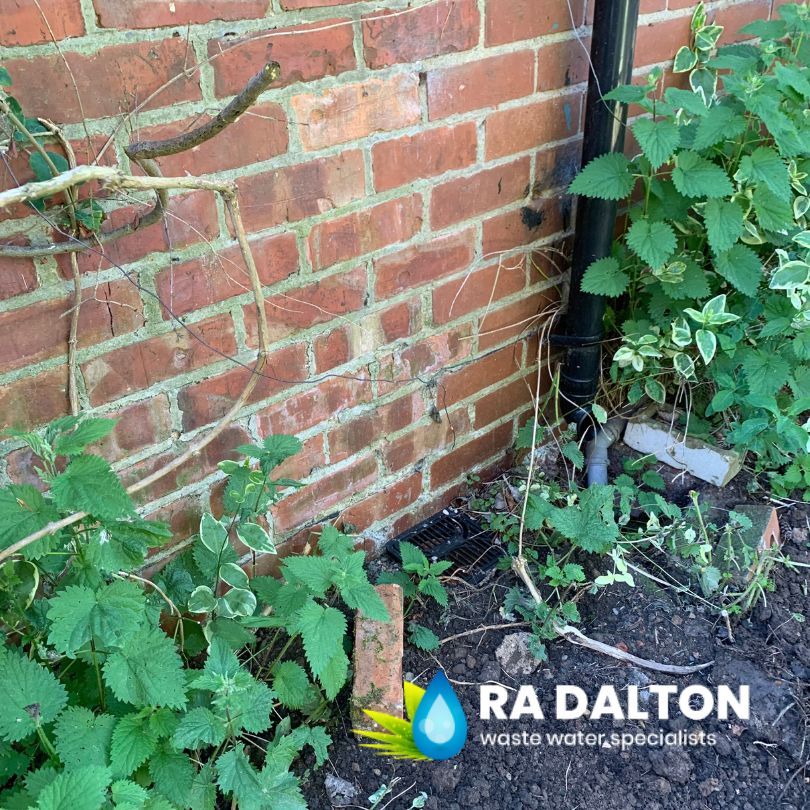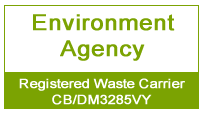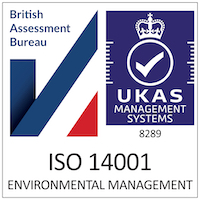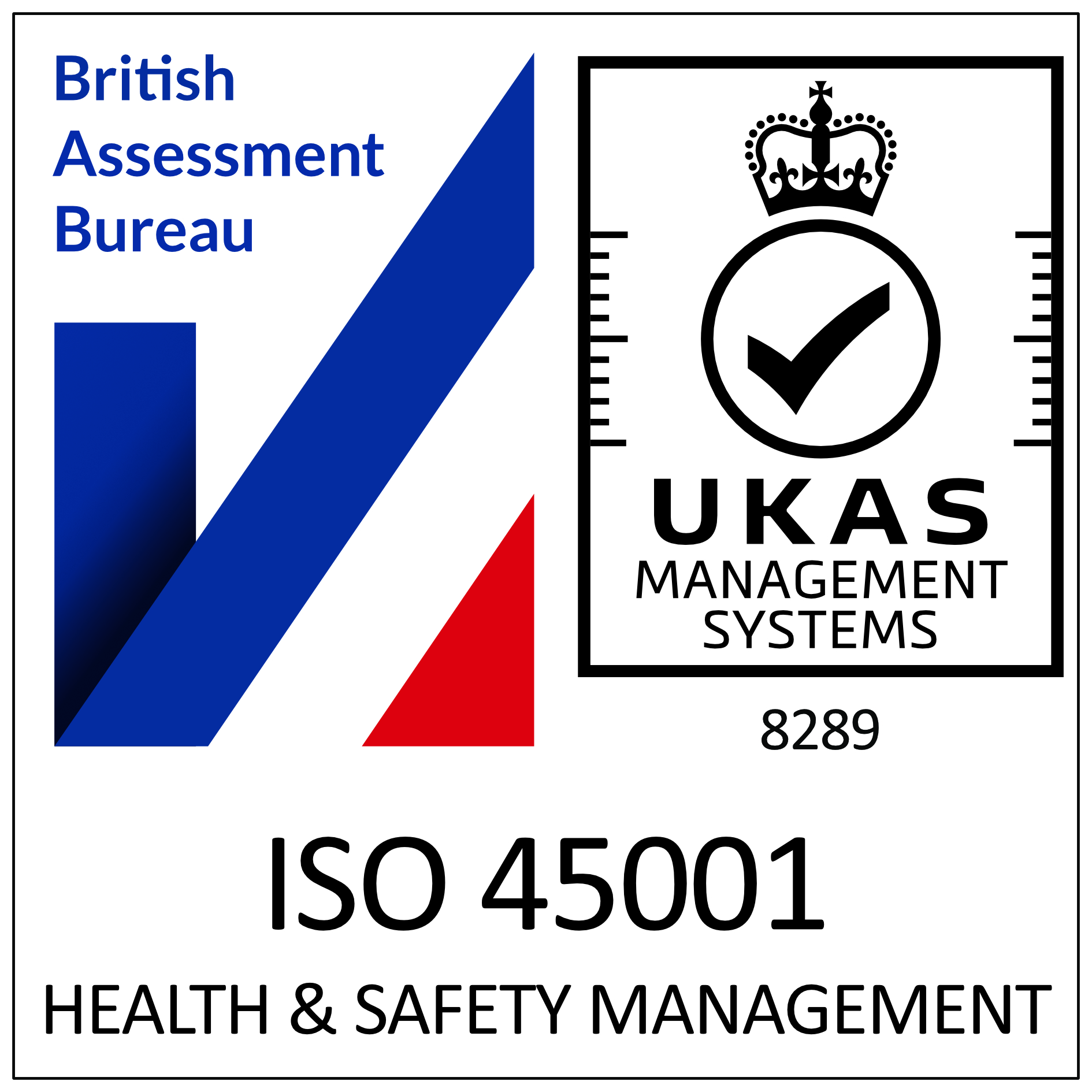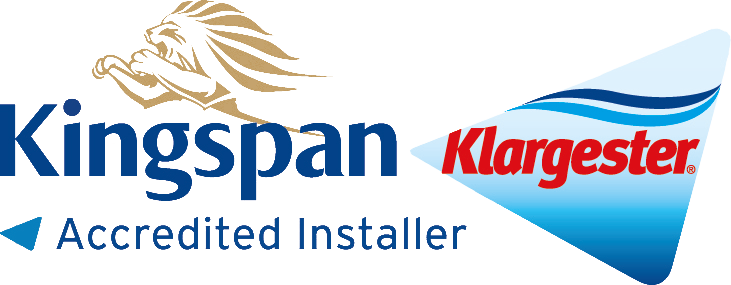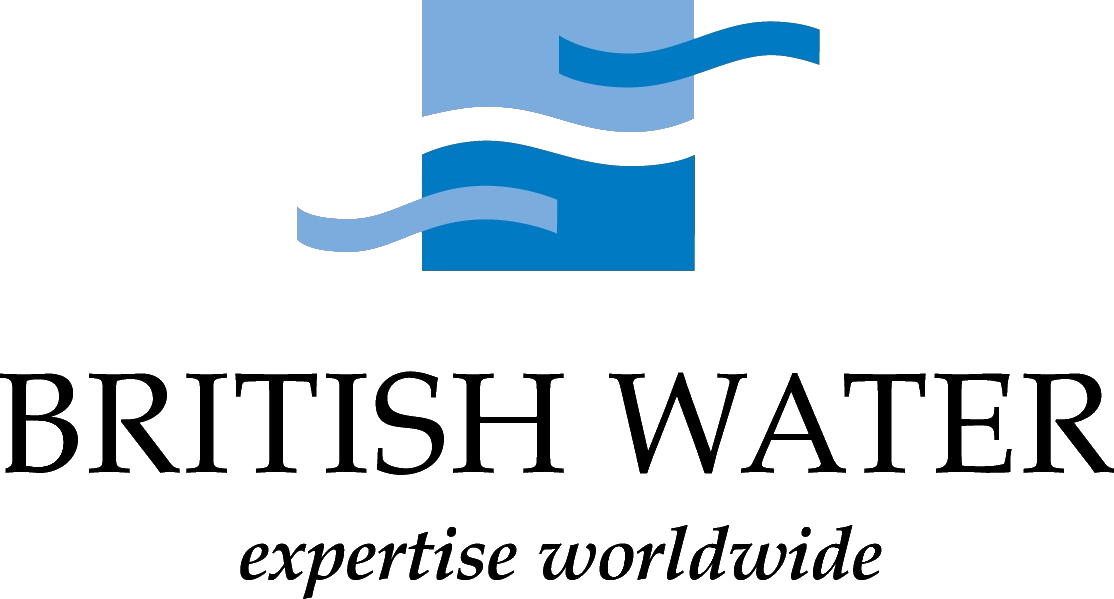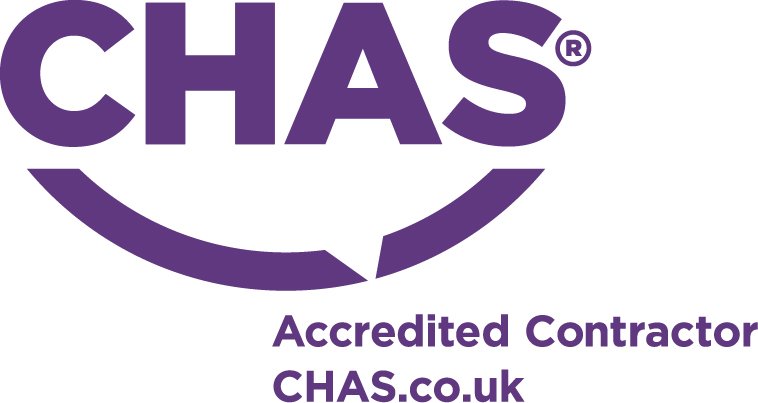Latest sewage & wastewater news
RA Dalton Ltd are the Klargester number one accredited installer covering the whole of the UK.
CCTV Surveys and combined drainage
If you have been looking into upgrading your wastewater system over the past few years you may have been required to check to make sure that your foul and surface water drainage is not combined prior to the installation of your new sewage treatment plant/ septic tank. This will be more prevalent for properties build prior to the 1970s where combined drainage was more common and priority was given on moving waste away from the properties rather than appropriate treatment of the waste.
For more modern properties this not likely to be as much of an issue but regardless we would always recommend that checks are carried out and any cross contamination identified.
Following guidance provided and to satisfy Building Control requirements this must be identified and separated if necessary.
“Rainwater or surface water should not be discharged to a cess pool or septic tank.”
What is the difference between rainwater and wastewater?
In order to first identify what drainage you have on site a basic understanding of what constitutes as rainwater or wastewater is helpful. A generalised classification of surface water is usually the untreated water that is generated and collected as a result of rainfall, this under normal circumstances does not require any additional treatment prior to discharging back into the environment unless there are any risks of contamination/ pollutants.
On the other hand, wastewater does require a form of treatment to take place before discharging back to ground/watercourse, wastewater on a domestic property is usually made up of toilet, shower/ bath and kitchen waste.
A few examples of each of these is as follows:
Surface water:
- Rainwater such as roofs, gutters, downpipes, and gutters.
- Run off from gardens, driveways, or roads.
Foul water:
- Toilet and Basin waste.
- Any bath/ shower water.
- Kitchen waste pipes including dishwasher and washing machine flow.
Why is it important that surface water and foul water are separated?
For your off mains system having surface water connected can sometimes pose a problem, as systems are designed to handle a certain flow level if the surface water is connected and during periods of heavy rainfall this could cause the systems to become overloaded.
As a result of this you may experience issues with:
- Flooding of mechanical parts and the surrounding areas if the outfall cannot keep up.
- Potential environment and health and safety risk.
- Disruption of the healthy bacteria required to treat the effluent.
The potential cost implications for combing your surface and waste water could even branch into being issued fines from the Environment agency for polluting the environment.
How to check if any rectification works is required.
There are multiple ways in which you can look to identify if there are any cross connections, the first port of call is normally to carry out dye tests, this will involve lifting all the manhole and tank lids, a hosepipe will be required to initiate a flow which a coloured dye will need to be added to. All of the manholes, the tank and the outfall will need to be checked for any indication of the water flowing through and marked as connected when possible.
Sometimes this cannot be wholly conclusive and in these instances we would recommend that a CCTV survey is carried out. Providing appropriate access points are available this can provide an accurate layout of the existing drainage, identifying what flows from where and even the condition of the pipework can be confirmed.
This can be especially helpful when looking to utilise some of the existing drainage on site, meaning any required repairs can be isolated without a full run of pipework needing to be replaced.
For more information on CCTV surveys why not give us a call on 01388 537030

